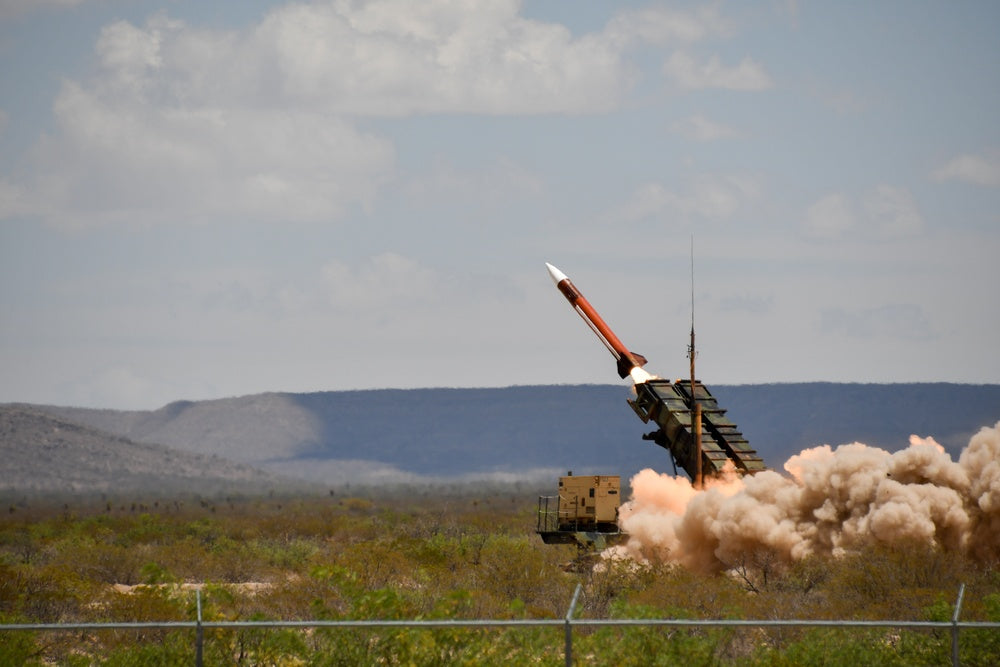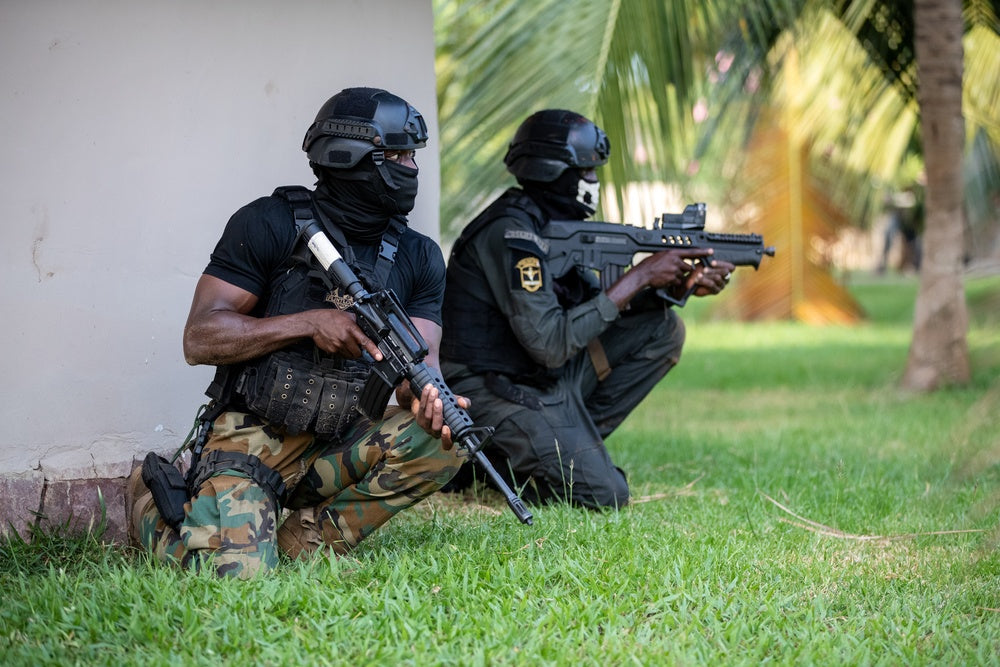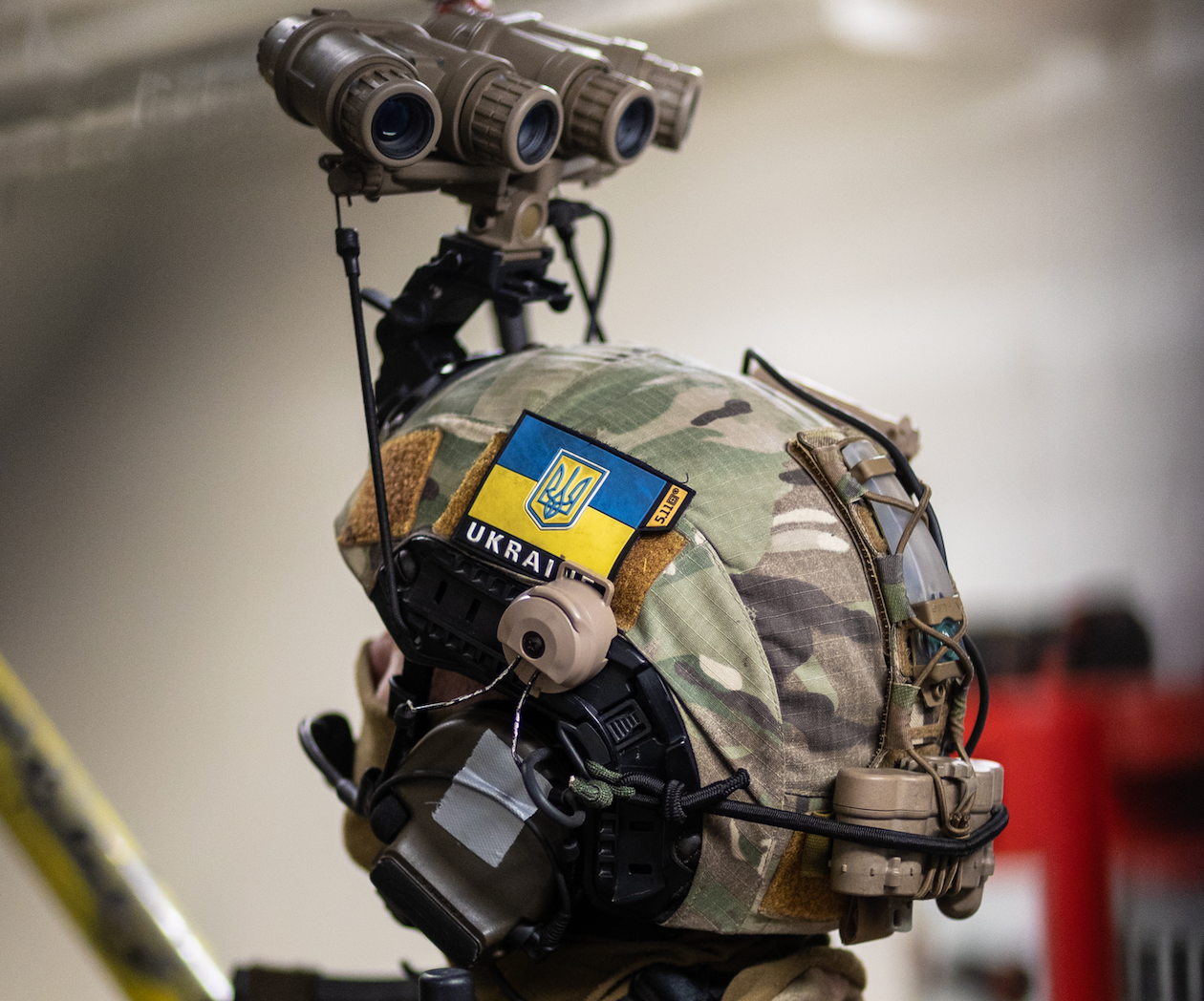
Ukraine, Middle East conflicts eating into US air defense stocks, US admiral says
PHOTO CAPTION: Illustrative photo — A MIM-104 Patriot Surface-to-Air Missile System fires during a training exercise at McGregor Range, N.M., May 11, 2024. (U.S. Army photo by Sgt. David Rincon via U.S. Defense Visual Information Distribution Service)
WASHINGTON (Reuters) - Conflicts in Ukraine and the Middle East are eating into U.S. stockpiles of air defenses, the top U.S. admiral overseeing American forces in the Asia-Pacific region said on Tuesday.
The admission by Admiral Sam Paparo could draw the attention of members of President-elect Donald Trump's incoming administration, who are more skeptical of the war in Ukraine and who argue that President Joe Biden has failed to prepare for a potential conflict with China.
"With some of the Patriots that have been employed, some of the air-to-air missiles that have been employed, it's now eating into stocks and to say otherwise would be dishonest," Paparo, head of the U.S. Indo-Pacific Command, said during an event.
Paparo said the expenditure of U.S. air defenses "imposes costs on the readiness" of the United States to respond in the Asia-Pacific, particularly given that China is the most capable adversary in the world.
Biden's administration has been steadily arming Ukraine and Israel with its most sophisticated air defenses. The U.S. Navy has been directly defending shipping in the Red Sea in the face of missile and drone attacks from Houthi rebels in Yemen.
In the case of Ukraine, Biden has given Kyiv a full array of defenses, including Patriot missiles and National Advanced Surface-to-Air Missile systems.
The United States last month deployed to Israel a THAAD, or the Terminal High Altitude Area Defense system, and about 100 U.S. troops to operate it. The THAAD is a critical part of the U.S. military's layered air defense systems.
(Reporting by Phil Stewart and Idrees Ali; Editing by Alistair Bell)










